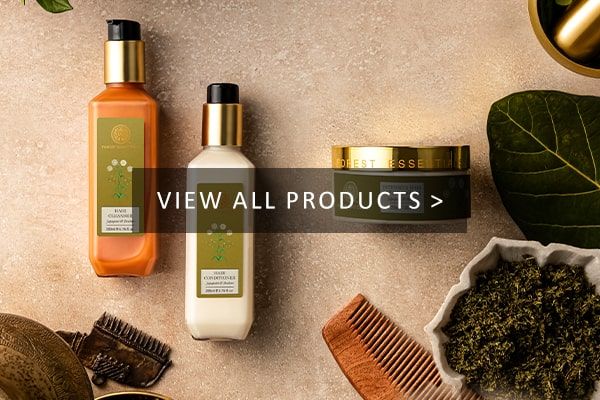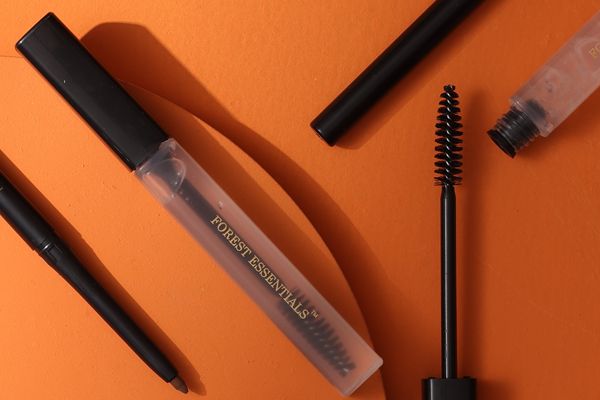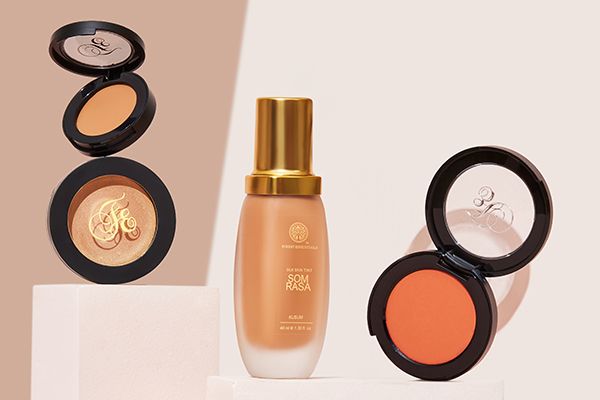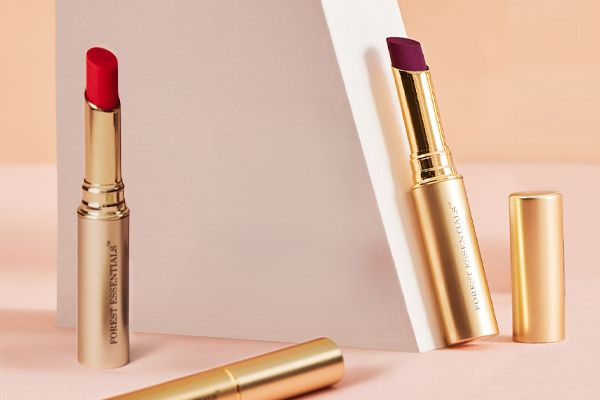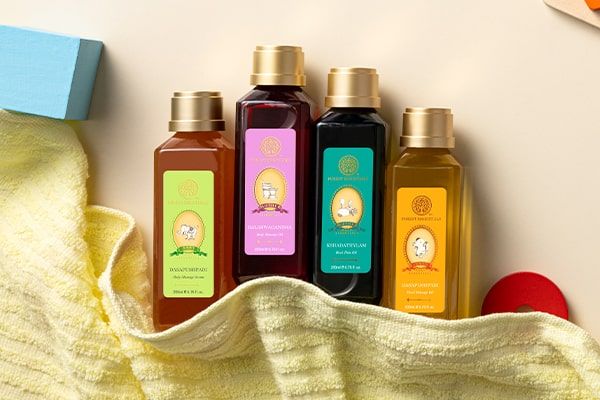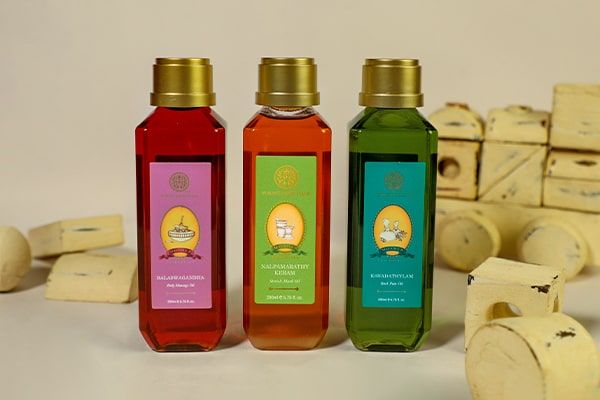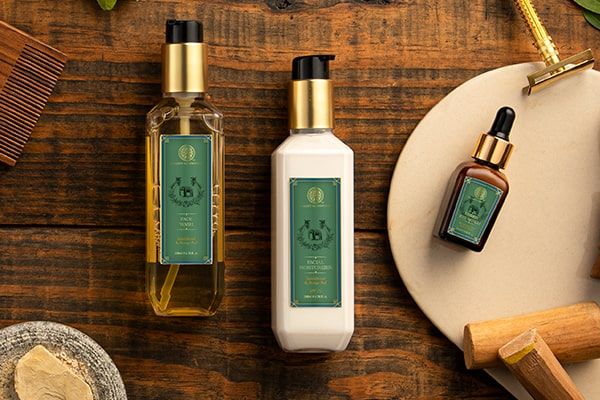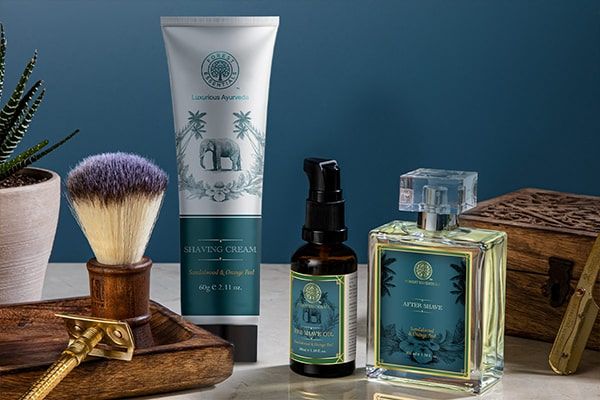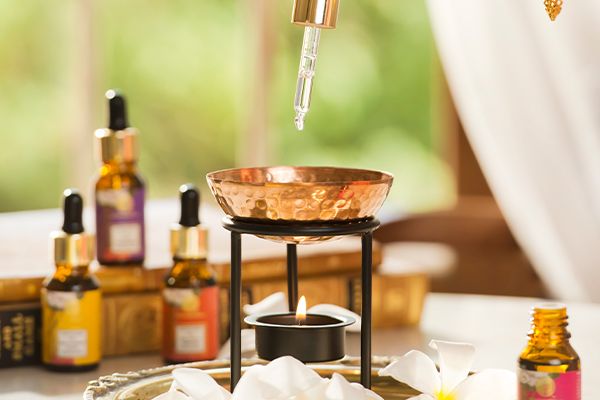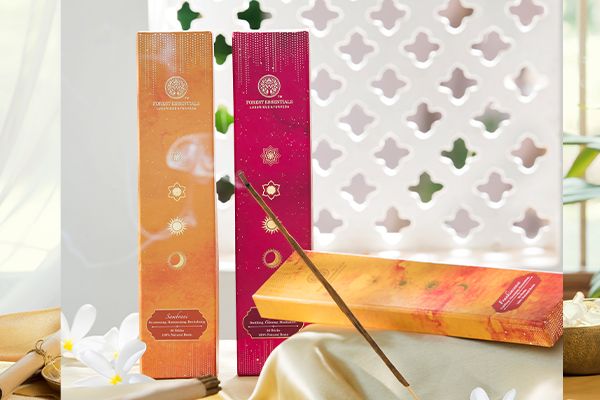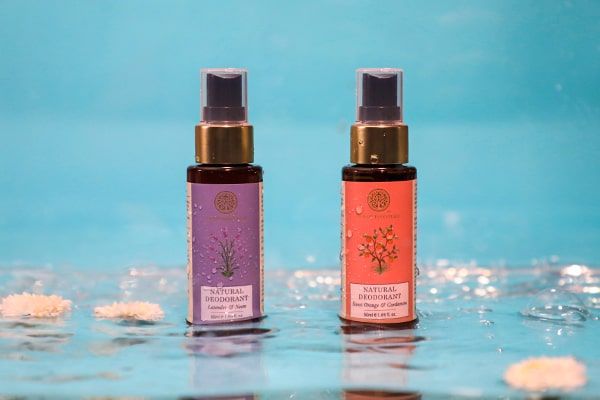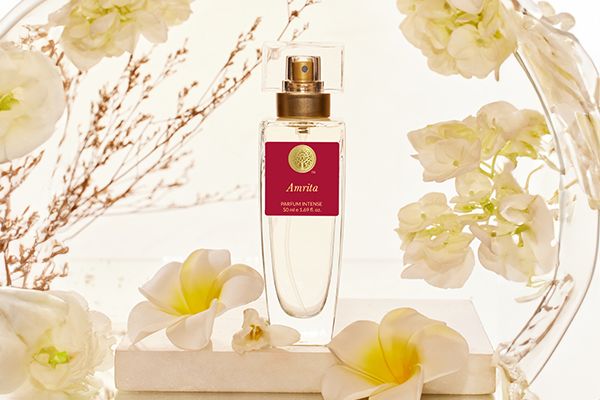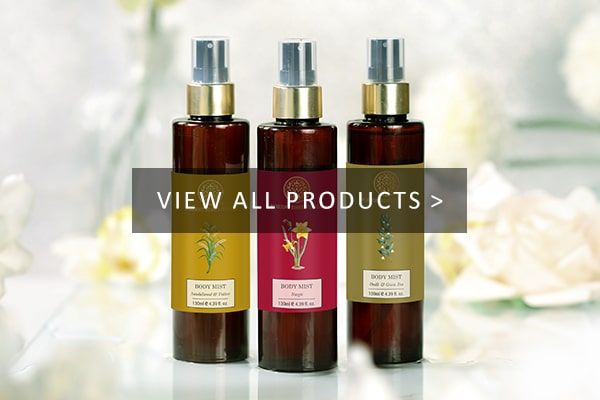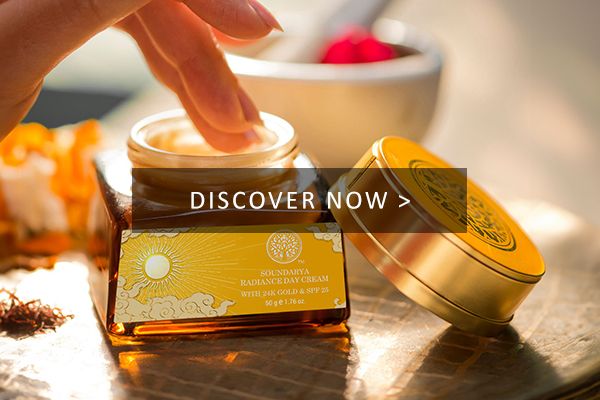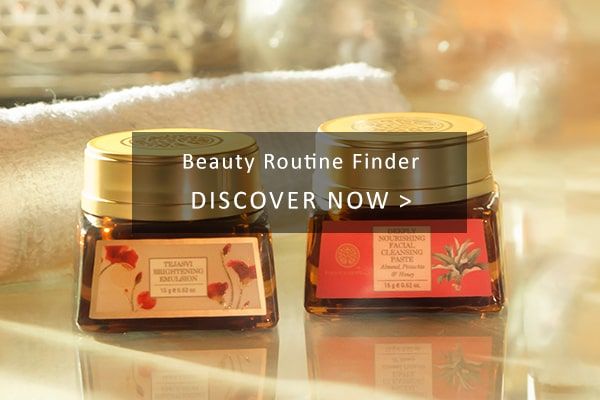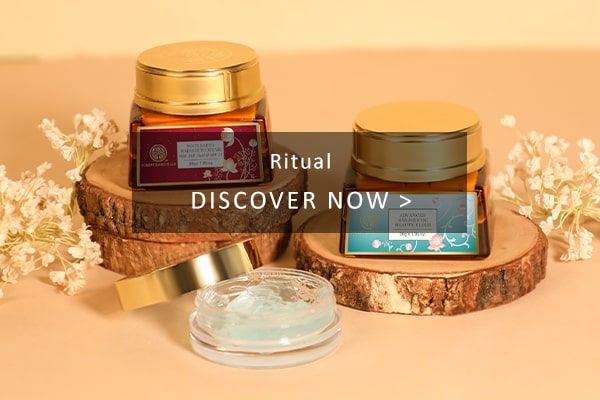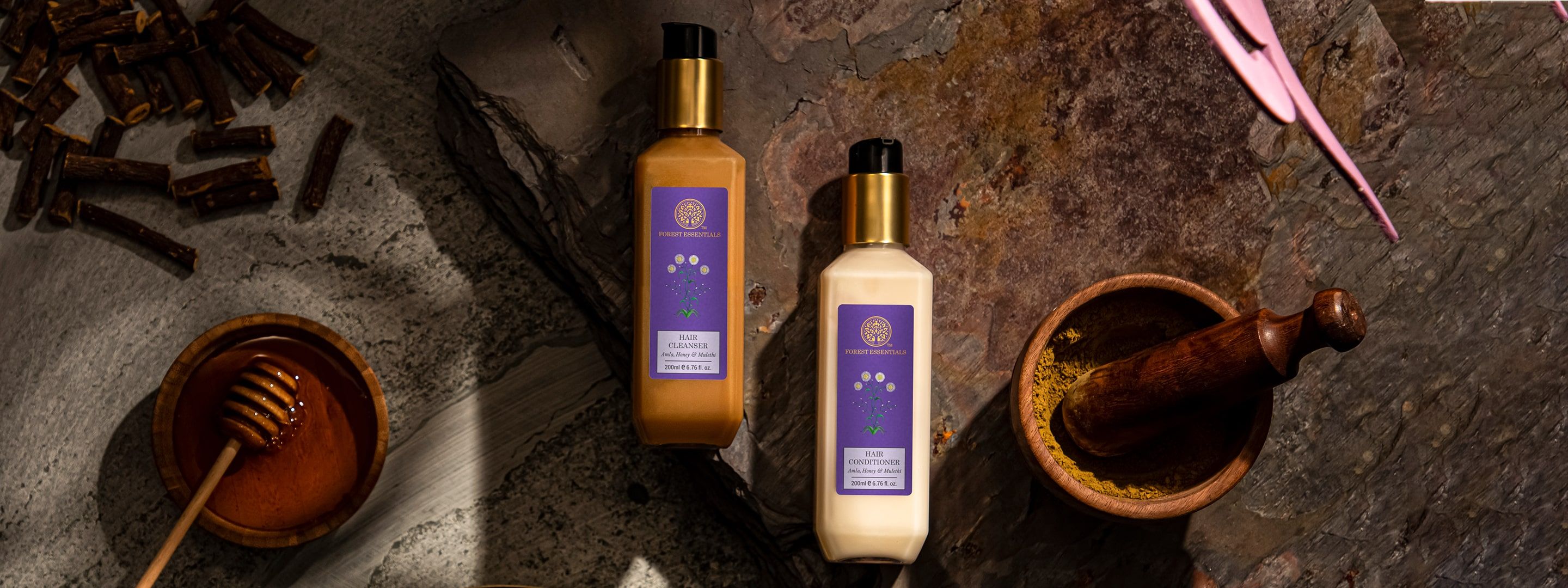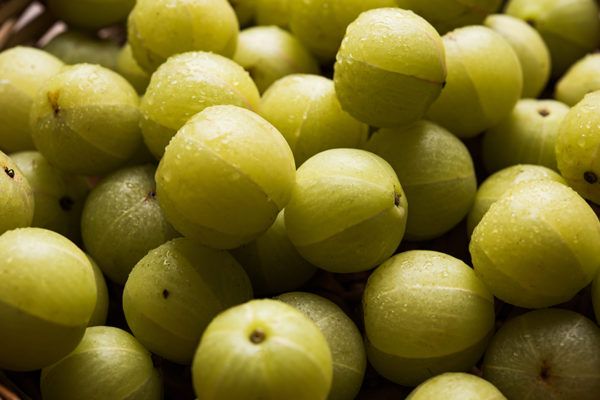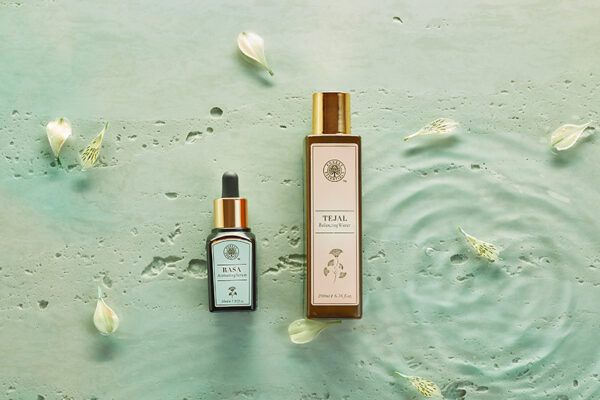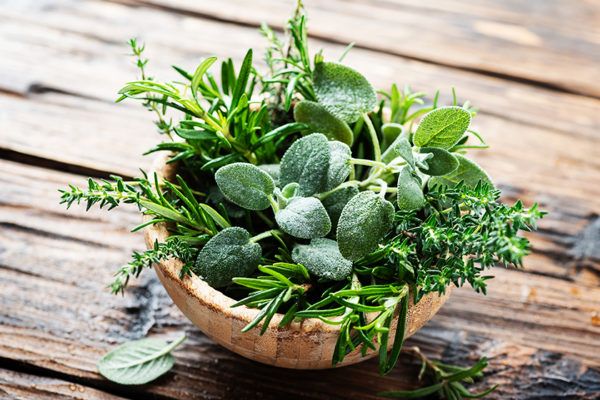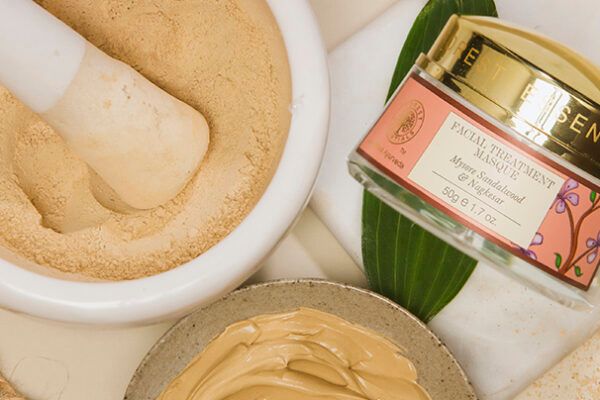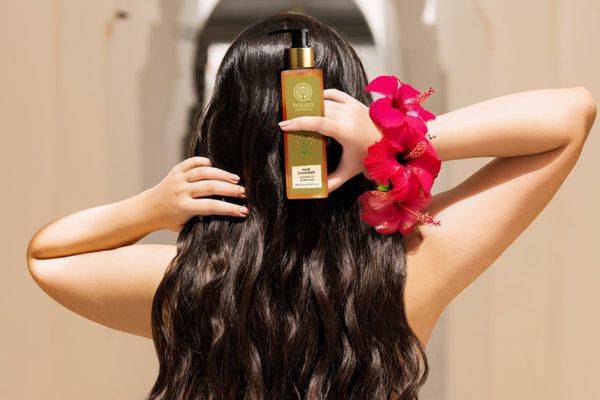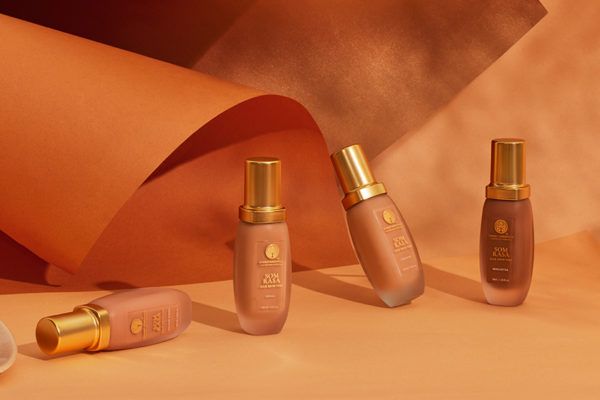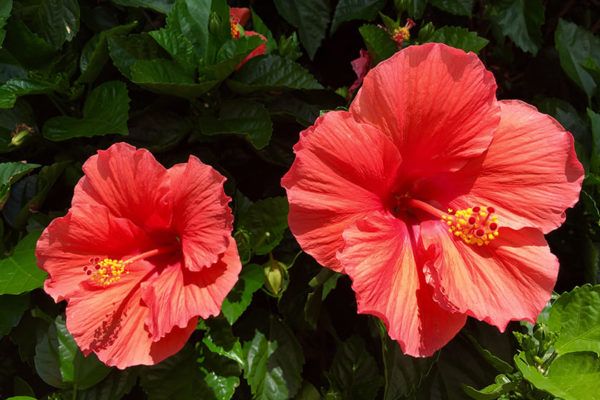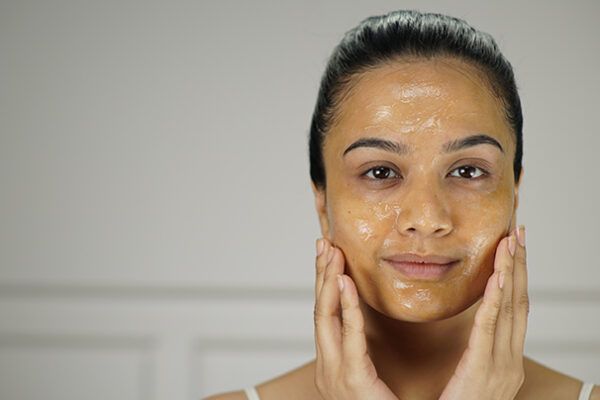Introduction
The condition of our hair plays an imperative role in our physical appearance, the way we perceive ourselves and want to be perceived by others. The quality, colour and type of our hair define our gender, health, age and social status. Unless you have been blessed with the gift of picture-perfect hair, most people have had to struggle with a hair concern or two: things like hair fall, irritated scalp with overproduction of oil and even rashes are way more common than you think. (1)

Healthy hair starts at the scalp – think of your hair as a beautiful garden in full bloom. Your scalp is the soil for the hair and if that soil isn’t full of oxygen and essential nutrients — free of pollution-causing bacteria — a garden will never look its best.
What is a dry scalp?
A dry scalp occurs when the skin lacks moisture and cannot retain or produce enough natural oils to keep the scalp moisturised – this usually means that the skin of your scalp is irritated and flakes off, and it’s highly likely that this phenomenon is happening on the other parts of your body as well.
The skin cells on your scalp and body normally multiply when you need more of them and then, they die and shed off. When you have a dry scalp, these skin cells shed off more quickly than usual. (2)
Dry Scalp Causes
Some basic causes that one should factor in to know why they suffer from the dry scalp are:
- Excess Shampooing: Too Frequent shampooing strips your skin off the natural oils from your scalp that help nourish, hydrate and invigorate your hair. Constant washing can dry out your scalp to such an extent that your scalp becomes dry hair feels coarse, frizzy and can lead to breakage.
- Over usage of hairstyling products: A dry scalp that feels itchy could be a sign of contact dermatitis. This happens when chemicals come in contact with your skin and cause an allergic reaction. This happens when you use hair styling products like shampoos, conditioners, hair gels and waxes to name a few, which contain harsh chemicals like SLS/SLES and parabens. (3)
- Change in weather or season: The possibility of your scalp getting dry in winters rather than summers is more common as there is a severe drop in the humidity in the air. This ends up leaving your skin dry and itchy, including your scalp and hair. Also during the cold season, people often tend to turn on their indoor heating systems, which also reduces humidity and affects how much moisture is available for your skin. (4)
- Scalp Psoriasis: A chronic condition that affects the immune system, Psoriasis stimulates abnormal production of skin cells in your body. These cells form a thick layer on your skin’s uppermost section creating scaly, itchy patches known as plaques that might appear on your neck and forehead too. (6)
Ayurvedic herbs recommended for dry scalp treatment
Since time immemorial, the Ayurvedic system of medicine is based on three Doshas namely, Vata, Pitta and Kapha. An imbalance in any three of these Doshas may lead to skin problems — and hair care problems generally occur due to exasperation of the Pitta Dosha. Medicinal plants and herbs have played a pivotal role in Ayurveda as they offer potent remedies for different kinds of ailments and disorders. These are derived from the plants’ sources, wherein their barks, roots, flowers, resin and stems are used to prepare herbal medications and remedies.
Some of the herbs that help in dry scalp treatment are:
- Japapatti: Known to deeply condition the scalp, Japapatti or Hibiscus Flower conditions hair follicles as it is rich in Vitamin C, flavonoids and amino acids. Cleansing properties of Japapatti also help balance the scalp’s pH levels, fight oiliness and build-up of dandruff. (7)

- Amla: Also known as ‘Indian Gooseberry’, Amla or Amalaki is a therapeutic herb in Ayurveda and a rich source of antioxidants, which helps promote hair growth and is a popular ingredient in hair care regimes for dry scalp treatment. It helps prevent scalp-dryness by acting as a potent nourisher and is also a Pitta-pacifying agent. (8)

- Mulethi: Known to increase blood circulation in the scalp and nourish the roots by providing essential nutrients to the hair follicles, Mulethi or Liquorice helps condition the scalp and prevent hair fall as it supplies oxygen to the hair. (10)

How to avoid hair loss and dry scalp
- Always remember to oil: In order to nourish and strengthen the scalp, it’s very important to oil your hair as regular oiling protects the hair from outer radicals and helps fill the gaps between the hair cuticles.
We recommend using the Forest Essentials Japapatti Head Massage Oil as it uses the finest quality of herbs to moisturize the scalp while also improving the hair’s texture and volume.

- Don’t forget to cleanse: The constant change in the moisture level of the air affects your skin as well as your hair. Therefore, it’s important to cleanse your scalp (and your hair) to reduce build-up which can cause excess sebum production, redness and itchiness. A hair cleanser or shampoo does just that by gently removing impurities, dead skin cells and sweat build-up from the scalp while keeping the skin’s moisture levels intact.
We recommend using the Forest Essentials Hair Cleanser Amla, Honey & Mulethi as its nutrient-rich content of potent herbs and botanicals help cleanse the scalp while providing strength to the hair. Free from SLS/SLES and parabens, this hair cleanser contains rich extracts of Amla, Reetha, Mulethi, Honey and cold-pressed Coconut Oil that control hair thinning and breakage while stimulating the growth of new hair.

- Conditioning is a must: Usually, the second step to hair washing (or the third, when you’re using a head massage oil), a conditioner is packed with rich humectants and oils that make your hair soft and flexible, also giving it a fuller look by providing volume. Dry and damaged hair can be static because it has a negative charge and the ingredients packed in the conditioner have a positive charge, clinging to the hair and making it less static. (11)
We recommend using the Forest Essentials Hair Conditioner Amla, Mulethi & Honey as it is enriched with Raw Organic Honey and cold-pressed oils of Virgin Coconut and Sweet Almond that deeply moisturize the hair for a lustrous texture and finish.

- Avoid using very hot water: Since hair can be overly porous, very hot water tends to dehydrate the scalp and strip the hair of its natural oils — and the escaped moisture can leave your hair feeling coarse and frizzy. Always wash your hair (and your body) with cold or lukewarm water to avoid damage.
Steps to wash your hair
- Step 1: Using the double-boiler technique, pour a small amount of the oil into a container and then immerse it in a copper bowl of hot water. This ensures that the oil gets heated indirectly – maintaining its efficacy. Massage directly onto the hair and scalp. Leave the hair to rest, preferably wrapped in a hot towel, for about 30 minutes. Should be ideally used twice a week.
- Step 2: Take a small amount of the cleanser, dilute it in water, and massage it into a wet scalp and hair for one to two minutes. Repeat this process again, when using a head massage oil prior to this as they might come off completely in the first wash. Rinse well till water runs clear. Should be used two-three times a week.
- Step 3: Take a small amount of the conditioner in your palms and spread it evenly on the ends of your hair. Remember not to apply it to the scalp. Run your fingers through the ends of the hair to work in the conditioner. Leave it on for two-three minutes. Rinse well till water runs clear. Should be used after shampooing.

A home remedy for dry scalp and hair fall
To make a nurturing hair oil, mix one tablespoon of Organic Almond Oil, one tablespoon of Virgin Coconut oil, and one tablespoon of Olive Oil. Warm the oil mix with the double boiling method. Add one teaspoon of Fenugreek Seeds and one teaspoon of powdered, dried Curry Leaves to that oil mix. Let the ingredients stay in the oil for three-four hours and afterwards, sift with a cotton cloth. Apply the herb-infused oil to the hair and scalp. Let it rest for 30 minutes and then, wash it off with a mild hair cleanser.

Conclusion
In this blog we’ve learnt that falling hair + dry scalp can be uncomfortable; what causes it; and what to do to avoid having one. However, don’t worry, it’s curable with simple and effective home remedies for dry scalp, easy haircare tips and Ayurvedic treatments. And by following a gentle and natural hair care routine — and keeping in mind some hair care tips — you may even be able to say goodbye to your hair complaints. So get going and get started!
FAQs
How do you get rid of dry scalp?
Some simple Ayurvedic and home remedies followed by a good haircare routine can get you rid of a dry scalp.
What is the best treatment for dry scalp?
The best dry scalp treatment includes using natural and organically-sourced haircare products that contain herbs — like Japapatti, Amla, Honey and Mulethi — which help promote hair growth and keep your scalp looking good!
What are some of the dry scalp causes?
Excess shampooing, over usage of hair styling products, changes in the weather, Eczema and Psoriasis are some of the causes of a dry and flaky scalp.
Can dry scalp go away on its own?
Though there is no magical solution to quickly eliminate dry scalp, incorporating a good and gentle haircare routine can lead to improved results.
Referenced Sources
- https://www.ncbi.nlm.nih.gov/pmc/articles/PMC6369642/
- https://www.healthline.com/health/skin-disorders/dandruff-vs-dry-scalp#causes
- https://www.healthline.com/health/contact-dermatitis
- https://www.medicalnewstoday.com/articles/winter-dry-skin
- https://www.medicalnewstoday.com/articles/320791
- https://www.ncbi.nlm.nih.gov/pmc/articles/PMC5683126/
- https://www.healthline.com/health/hibiscus-for-hair
- https://www.ncbi.nlm.nih.gov/pmc/articles/PMC5429933/
- https://pubmed.ncbi.nlm.nih.gov/11485891/
- https://pubmed.ncbi.nlm.nih.gov/28695824/




